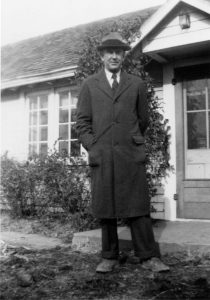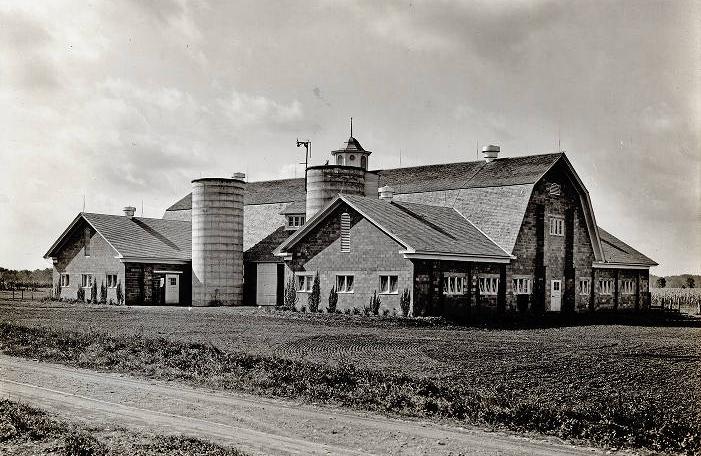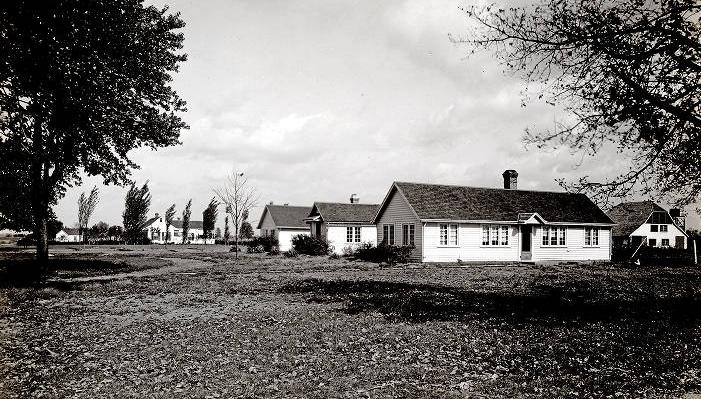
Photo info ...
Credit: Barta Monro
(Feb. 26, 1872-July 30, 1960). Born in Chicago, Hapgood graduated from Harvard University in 1894 and worked for several years in Chicago with a wholesale grocer. He moved to Indianapolis in 1903 to manage his father’s newly acquired , which he served as president from 1903 to 1953.

The first dozen or so years at Columbia were difficult, and William’s father died in 1916 without ever having seen his canning company make a profit. The year 1917 was a prosperous one for the company, however, and at that time William, along with his mother and brothers, Hutchins and , initiated an innovative and progressive plan of workplace democracy. It began with two important features: a workers’ council and a profit-sharing plan. The council eventually included all workers and made decisions on virtually all operations and policies for the company.
A contract between the Hapgoods and workers in 1925 established a plan whereby most of the company’s profit would be used for the purchase of common stock by workers. Workers reached this goal in 1930 when they acquired control of 51 percent of Columbia stock (increased to 63 percent by 1937), making it one of the first producer-cooperatives in the nation. Columbia’s workers also enjoyed benefits such as guaranteed employment throughout the year, several weeks of paid vacation, free health care for themselves and their dependents, and pensions.

Workplace democracy at Columbia came to an end in 1943 as a result of an employee suit against the company and a countersuit by the trustees of the workers’ commonly held stock. Hapgood continued as president until 1953 when the company was sold to John Sexton and Company of Chicago.

Help improve this entry
Contribute information, offer corrections, suggest images.
You can also recommend new entries related to this topic.